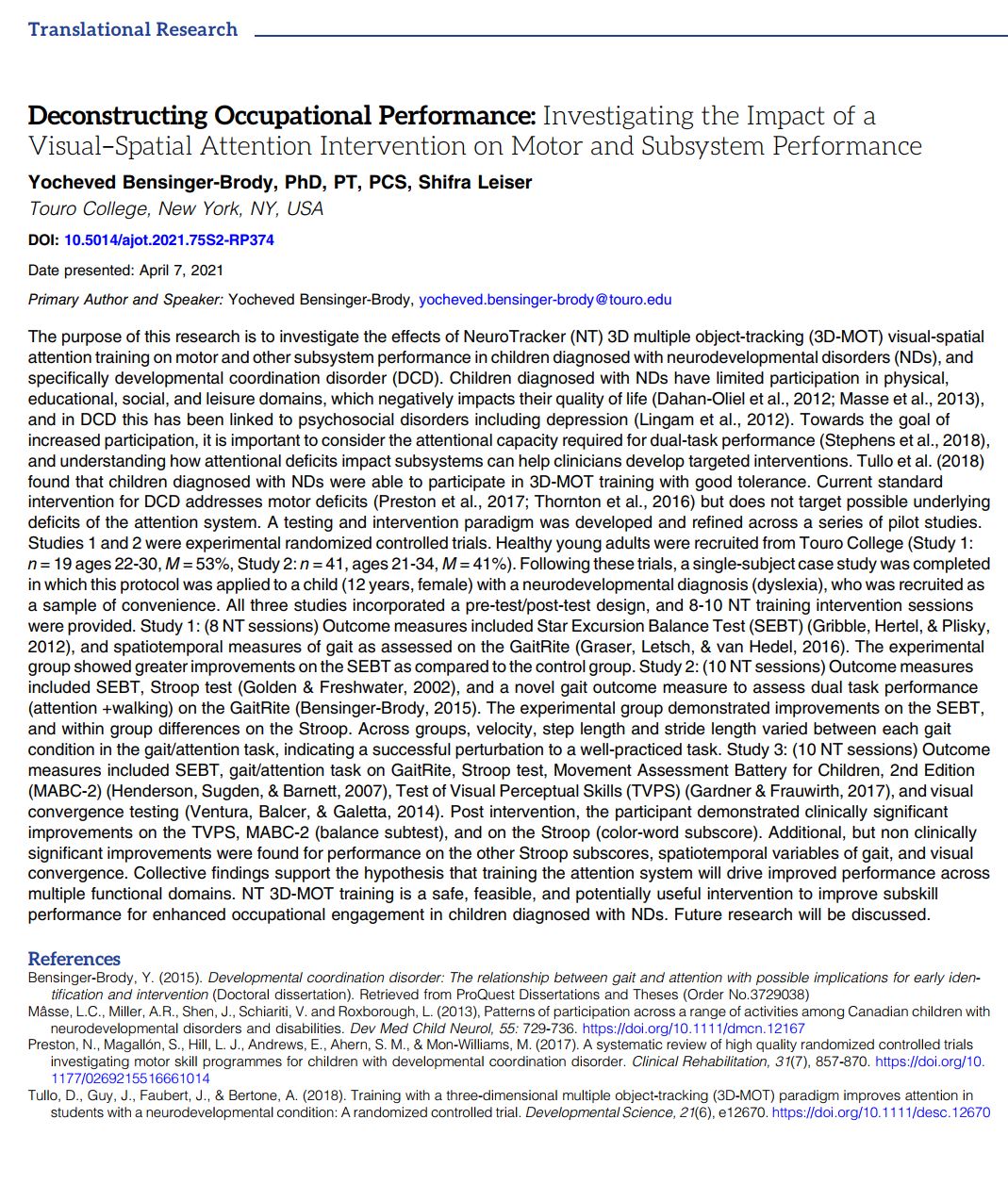Welcome to the Research and Strategy Services at in today's fast-paced.


The connection between the gut and the brain has garnered significant attention in recent years, with growing evidence suggesting that a healthy gut can lead to a healthy mind. This fascinating interplay, known as the gut-brain axis, highlights the importance of nurturing our digestive health to optimize mental well-being. In collaboration with experts from Manhattan Gastroenterology, this article explores practical steps and scientific insights into improving your mental health through your gut.

The gut-brain axis is a complex communication network linking the gastrointestinal tract and brain. This bidirectional pathway involves neural, hormonal, and immunological signaling. Key players in this connection are the gut microbiota—trillions of microorganisms in the digestive tract. These microbes produce neurotransmitters and other compounds that can influence brain function and mood.
Dr. Michael Dann, a leading gastroenterologist at Manhattan Gastroenterology, emphasizes the importance of a holistic approach to gut health for enhancing mental well-being. According to Dr. Dann, “A healthy gut microbiome is crucial for maintaining digestive health and supporting
emotional and cognitive functions. By making mindful choices in diet and lifestyle, we can positively impact our gut health and, consequently, our mental health.”
○ Increase Fiber Intake: A diet high in fiber supports the growth of beneficial gut bacteria. Dr. Dann recommends incorporating plenty of fruits, vegetables, whole grains, and legumes into your diet. “Fiber acts as a prebiotic, feeding the good bacteria in your gut, which is essential for a balanced microbiome,” he explains.
○ Incorporate Probiotics and Prebiotics: Probiotics (live beneficial bacteria) and prebiotics (food for these bacteria) play crucial roles in maintaining a healthy gut microbiome. Yogurt, kefir, sauerkraut, and other fermented foods are excellent probiotic sources. Prebiotics are found in bananas, onions, garlic, and asparagus. “Fermented foods are a great addition to your diet as they introduce beneficial bacteria to your gut,” notes Dr. Dann.
○ Reduce Sugar and Processed Foods: Excessive sugar and processed foods can negatively impact gut health by promoting the growth of harmful bacteria. Dr. Dann advises, “Opt for whole, unprocessed foods whenever possible to support a healthy microbiome.”
○ Drinking plenty of water aids digestion and helps maintain the mucosal lining of the intestines, creating a favorable environment for beneficial gut bacteria.
“Hydration is key to digestive health and helps in the smooth transit of food through the gut,” says Dr. Dann.
○ Physical activity has been shown to affect the composition and diversity of gut microbiota positively. Regular exercise can help reduce stress and inflammation, further supporting gut and mental health. Dr. Dann states, “Exercise benefits your body and your gut, promoting a more diverse microbiome linked to better mental health.”
○ Chronic stress can disrupt the balance of gut bacteria and compromise the gut barrier, leading to inflammation. Incorporating stress-reduction techniques such as mindfulness, meditation, yoga, and deep breathing exercises can help maintain gut health. “Stress management is crucial for gut health. Practices like mindfulness and yoga can help reduce stress and its negative impact on the gut,” Dr. Dann advises.
○ Quality sleep is essential for overall health, including gut health. Poor sleep patterns can negatively impact the gut microbiome and affect mental health. Aim for 7-9 hours of sleep per night and establish a consistent sleep routine. Dr. Dann emphasizes, “Good sleep hygiene is vital. A regular sleep schedule helps maintain a healthy gut microbiome.”
○ While antibiotics are sometimes necessary, they can disrupt the gut microbiome by killing beneficial bacteria. Use antibiotics only when prescribed, and consider taking a probiotic supplement to help restore gut balance during and after antibiotic treatment. “Antibiotics can significantly alter your gut microbiota, so they should be used judiciously,” Dr. Dann notes.
○ In some cases, supplements such as omega-3 fatty acids, vitamin D, and specific probiotics may help support gut health and mental health. Always consult with a healthcare provider before starting any new supplement regimen. Dr. Dann suggests, “Supplements can be beneficial, but it’s important to discuss with your doctor to tailor them to your specific needs.”
● Neurotransmitter Production: Gut bacteria produce neurotransmitters such as serotonin, dopamine, and gamma-aminobutyric acid (GABA), which play critical roles in regulating mood, anxiety, and cognitive functions.
● Immune System Modulation: A healthy gut microbiome helps regulate the immune system, reducing inflammation that can negatively impact mental health.
● Stress Response: The gut microbiota influence the hypothalamic-pituitary-adrenal (HPA) axis, which controls the body's stress response. A balanced gut microbiome can help modulate the HPA axis, reducing stress and anxiety.
Optimizing mental health through your gut involves a holistic approach that includes a balanced diet, regular exercise, stress management, adequate sleep, and mindful use of medications.
Nurturing your gut health can positively influence your brain function and overall mental well-being. Embrace these practices, supported by expert advice from Manhattan Gastroenterology, to harness the power of the gut-brain connection and lead a healthier, happier life.
For more personalized advice and treatment, visit Manhattan Gastroenterology or schedule an appointment with one of their experienced specialists.








Welcome to the Research and Strategy Services at in today's fast-paced.

If your thinking feels slower than usual, it doesn’t automatically mean something is wrong. This guide explains common short-term causes, normal cognitive variability, and how to interpret changes calmly over time.

Many professional roles require cognitive performance to be sustained over long periods rather than demonstrated briefly. This article explains how sustained cognitive load shapes performance in knowledge-work and monitoring environments.

An overview of the important interpretational difference between temporary changes in brain state, and durably lasting changes in cognitive capacities.
.png)